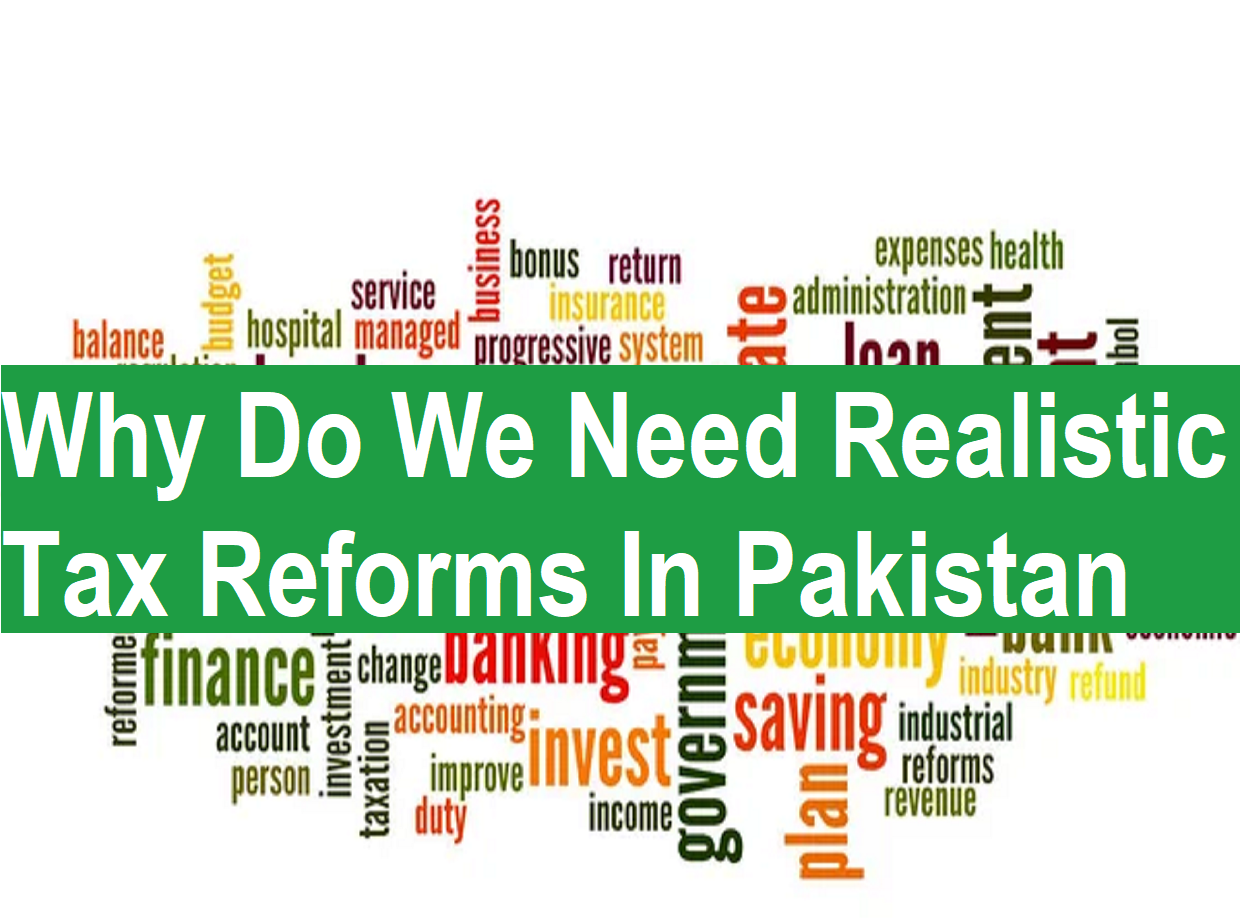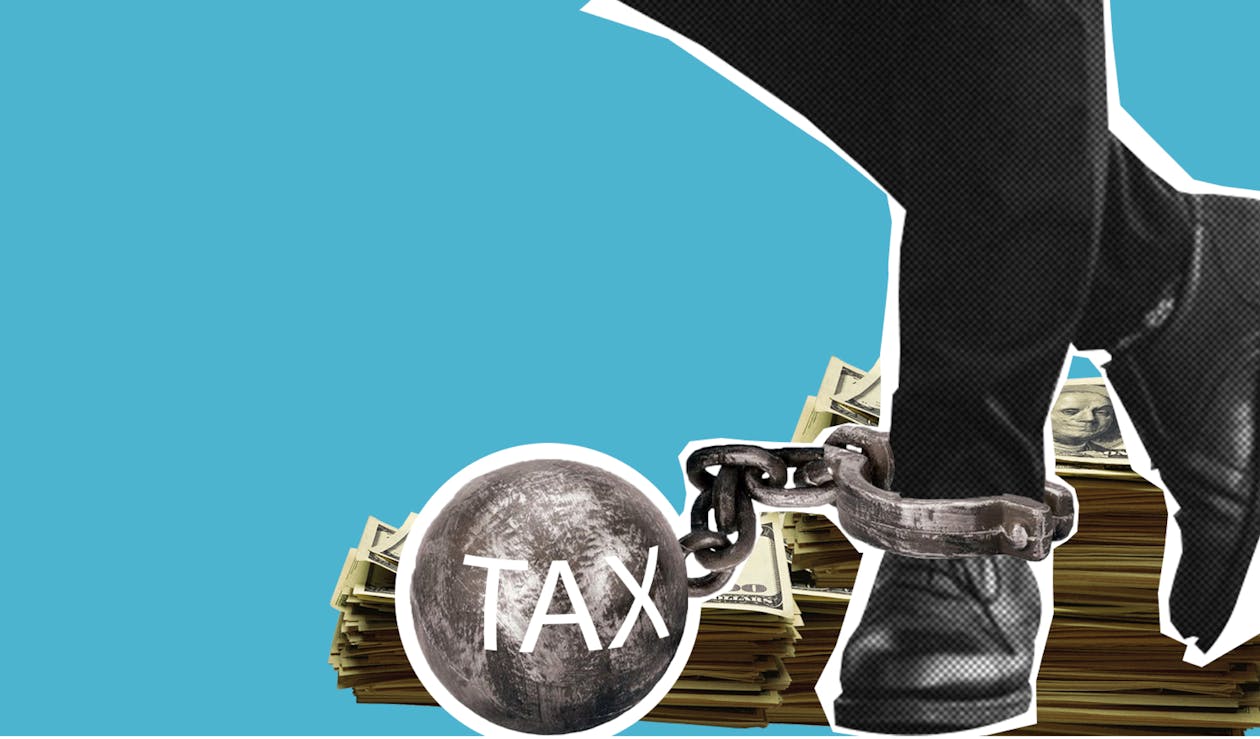
Why Do We Need Realistic Reforms In Tax System Of Pakistan

Pakistan's tax collection system is in dire need of improvement to increase government revenue. Despite claims of progress, the tax-to-GDP ratio has remained stagnant for three decades. The World Bank recommends a minimum tax-to-GDP ratio of 15% for sustainable development and poverty reduction, but Pakistan's ratio stands at a mere 10.3%, a significant drop from 13.2% in 1999.
In 2005, the Musharraf government borrowed PKR 38 billion from the World Bank to improve the Federal Board of Revenue (FBR) and increase the tax-to-GDP ratio. However, after five years, the loan was exhausted, and the tax ratio plummeted from 11.5% in 2004 to 8.6%. Despite numerous reforms and borrowing billions from international institutions, the situation hasn't improved mainly because of bureaucracy's self interests. The Finance Ministry and FBR often manipulate figures, omitting inflation adjustments and misleading the public with false progress reports.
Tax reforms should prioritize the tax-to-GDP ratio as the primary metric for success, rather than simply collecting more tax compared to the previous year. The real question is, how many of the 25,000 FBR employees actively recover taxes from tax evaders?
Bureaucracy resists any reform that reduces its size. According to a survey and data analysis of implied KPIs the current output of FBR is based on the sole working of mid level staff which often ignored by government and these bureacrates make hay while the Sun shines, doing nothing. New reforms should prioritize reducing the current bureaucracy and maximizing the use of information technology and hiring technical staff who is one hand is IT oriented and on the other hand has advanced level knowledge of Finance, corporate and Taxation together. The World Bank report from 2011 identified several reasons for the failure of previous reforms, including lack of clear policies, unavailability of skilled personnel, and excessive spending on infrastructure.
Pakistan must learn from its past mistakes. The Prime Minister should personally oversee FBR operations, and the high-level committee established for these reforms needs to move beyond paperwork and seriously address the political economy surrounding taxes and the FBR.
Pakistan's tax collection system needs urgent reform to increase government revenue and achieve sustainable development and poverty reduction. The government, FBR, and international institutions must work together to implement meaningful reforms, prioritize the tax-to-GDP ratio, and address the political economy surrounding taxes and the FBR.
Following key points are suggested for to consider for reforms.
-
Prioritize the tax-to-GDP ratio as the primary metric for success
-
Reduce the current bureaucracy of non-technical and incompetent and maximize the use of information technology and technical personnel at mid level hierarchy that mostly deliver better.
-
Learn from past failures and address the political economy surrounding taxes and the FBR
-
The Prime Minister should personally oversee FBR operations by creating KPI of FBR Officers and promotions and allowances should be given according to performance.
-
Implement meaningful reforms to increase government revenue and achieve sustainable development and poverty reduction by giving back to the society for what they would pay tax to.
One of the survey suggests that around 60-80% of officers are not sincere with their departments and Pakistan and work for their own self. considering these recommendations, Pakistan can improve its tax collection system, increase government revenue, and achieve sustainable development and poverty reduction.
